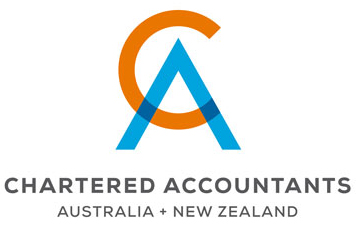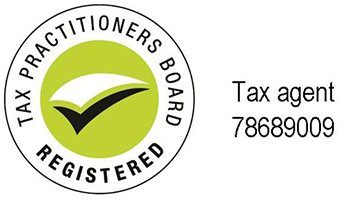ATO Reveals Common Division 7A Errors
The ATO reminds shareholders of private companies that understanding how Division 7A applies is crucial to avoiding costly tax consequences when accessing the company’s money or other benefits.
Division 7A prevents private company profits from being provided to shareholders or their associates tax-free. It has broad application to payments, loans and benefits, though it does not apply to payments of salary and wages, director fees, ordinary dividends or certain fringe benefits.
When Division 7A applies, the recipient of the payment, loan or other benefit will be deemed to have been paid an unfranked dividend that will be included in their assessable income.
While Division 7A can be complex, most errors the ATO sees that result in its application are simple in nature, including:
- Shareholders not recognizing that a company’s money is not their money, and they cannot access it for personal use without tax consequences.
- Loans being made without complying loan agreements.
- Applying the wrong benchmark interest rate when calculating Division 7A loan repayments.
Editor: For the 2025/26 income year, the benchmark interest rate is 8.37%. For the 2024/25 income year, the benchmark interest rate was 8.77%.
These errors are often the result of common myths about Division 7A and how it works. To support taxpayers’ understanding of their tax obligations when managing private company money, the ATO has launched new content: ‘Division 7A Myths debunked’ (QC 103680) on its website.
This page debunks common myths about Division 7A, breaking them into topics such as ‘business structure’, ‘record keeping’, and ‘payments to other entities’.
Ref: ATO website, Business Bulletins Newsroom, 1 July 2025

